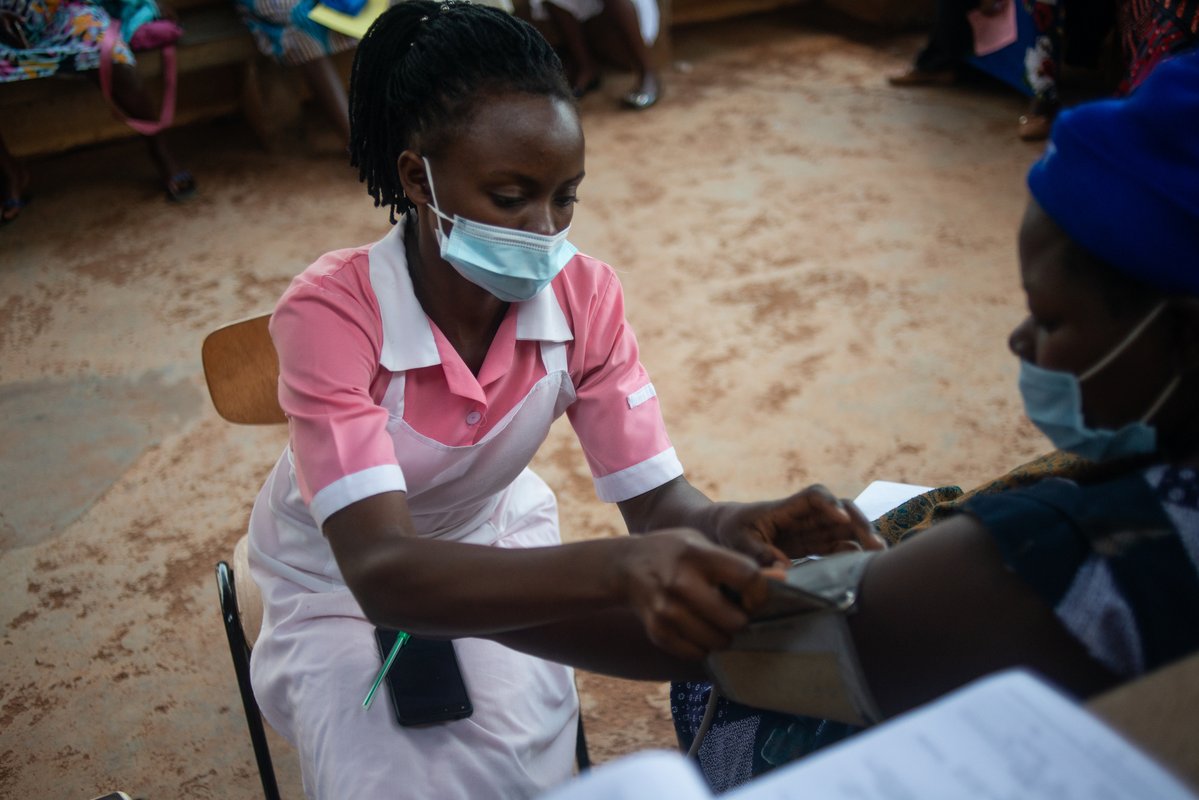-

Writing a research proposal
Writing a research proposal Research proposal refers to the description of what the researcher wants to investigate, why it’s important, and how the research will be done. The format of a research proposal varies between fields and from institution to institution Note: A research proposal is written in the future tense because it tells the…
-

Community dialogue
Community dialogue Community dialogue is a two-way communication process that involves critical analysis and in-depth understanding of the issue and concerns that affect the health and well being of the people. It also has the same meaning as participatory or interactive communication which involves exchange of information, ideas and opinions between individuals, communities and stakeholders…
-

SUSTAINABLE DEVELOPMENT GOALS (SDGS)
SUSTAINABLE DEVELOPMENT GOALS (SDGS) Sustainable Development Goals (SDGs), also known as the Global Goals, were adopted by the United Nations in 2015 as a universal call to action to end poverty, protect the planet, and ensure that by 2030 all people enjoy peace and prosperity. The 17 SDGs are integrated—they recognize that action in one…
-

FEMALE EXTERNAL GENITAL ORGANS
FEMALE EXTERNAL GENITALORGANS Female external genitalia (the vulva) include the mons pubis, labia majora, labia minora, clitoris, vestibule, the greater vestibular glands (Bartholin’s glands) and bulbs of the vestibule • The mons pubis is a rounded pad of fat lying anterior to the symphysis pubis. It is covered with pubic hair from the time of…
-

INJECTION SAFETY AND MANAGEMENT
INJECTION SAFETY AND MANAGEMENT INJECTION SAFETY AND MANAGEMENT INTRODUCTION Injection, or Getting an injection is a very common medical procedure. Most injections, about 95%, are given to treat illnesses. Immunizations make up about 3% of all injections, and the rest are used for different reasons, like giving blood or contraceptives. A Problem to Solve: In…
-

FETAL SKULL
FETAL SKULL The skull bones encase and protect the brain, which is very delicate and subjected to pressure when the fetal head passes down the birth canal. Fetal skull is to some extent compressible and made mainly of thin pliable tabular (flat) bones forming the vault. This is anchored to the rigid and incompressible bones…
-

Terms Used in Research
COMMON TERMS USED IN RESEARCH Abstract: A concise summary of a study that communicates theessential information about the study. Assumption: A statement based on logic or reason whose correctnessor validity is taken for granted. Data: Units of information. Descriptive research: Non experimental research designed to discover new meanings and to provide new knowledge when there…
-

PRIMARY HEALTH CARE (PHC)
PRIMARY HEALTH CARE (PHC) PRIMARY HEALTH CARE (PHC) INTRODUCTION BACK GROUND AND FACTS ON PHC In 1978 world leaders, international organizations and health authorities (WHO & UNICEF gathered in Alma-Ata (Almaty), Kazakhstan, and released the Declaration of Alma-Ata on Primary Health Care, which remains a landmark document in the history of global health. This was to get way…
-

TEACHING-LEARNING PROCESS
Teaching – Learning Process Teaching – Learning Process Learning Outcomes. By the end of this session, learning will be able to;1. Define teaching and learning2. State elements that make up a teaching -learning process3. List the phases involved in teaching process4. Outline the tasks of the teacher5. State the phases of learning6. Explain factors influencing…
-

Proptosis / Exophthalmos
Proptosis Proptosis of the eye, also known as exophthalmos, is a condition where one or both eyes bulge or protrude from their normal position in the eye sockets. It can be caused by various factors affecting the structures around the eyes. Causes and Risk Factors: Thyroid Eye Disease: One of the common causes of proptosis…
